Switzerland’s organic soils have already lost a large part of their peat owing to historic land use, but still store around 32 million tonnes of carbon. Nevertheless, organic soils used for agriculture are steadily losing carbon – about 600,000 tonnes CO2 equivalent per year.
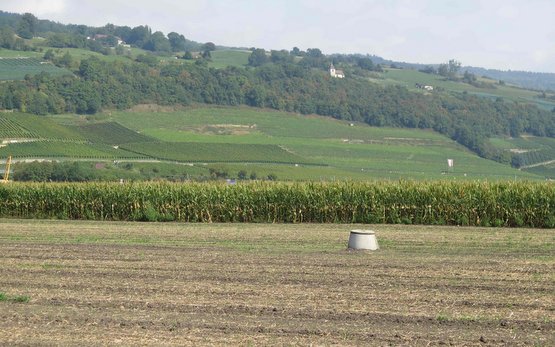
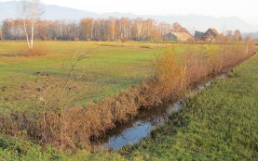
Carbon losses (mainly oxidative losses as CO2) are due to drainage of the land in question for forestry and agriculture. Since 1850, carbon losses from organic soils in Switzerland have been considerable: by contrast, carbon losses due to peat extraction over the same period were low. The latter half of the 20th century in particular saw a rise in emissions despite the ban on peat extraction, because of the intensified farming of organic soils.
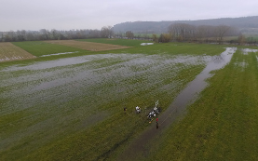
Large expanses of intensively used agricultural land with organic soils are located in flat, wide valley floors, e.g. in Switzerland’s Seeland region. Here, over two years, Agroscope specialists determined the carbon loss of an agriculturally-used former fen using a micrometeorological method, with a view to improving the emission factors used in the Swiss Greenhouse Gas Inventory. |
Agroscope is currently studying two options for reducing the greenhouse-gas emissions of agriculturally-used organic soils: mineral soil coverage and wet rice cultivation.
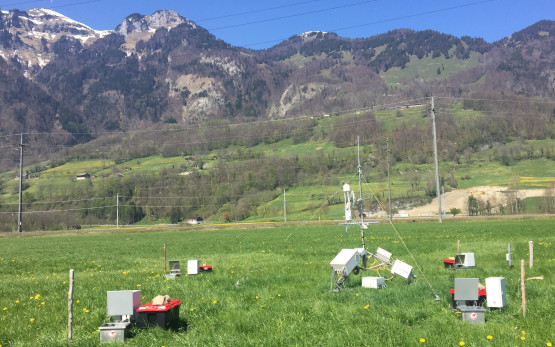
Between 2018 and 2022 at a site in the St. Gallen Rhine Valley, Agroscope specialists studied whether the carbon loss from organic soils could be reduced, despite the agricultural use of the soils, by covering the surface with mineral soil material, and how such coverage would affect nitrous oxide emissions. For this, they continuously measured the greenhouse-gas exchange of CO2, methane and nitrous oxide over a period of several years. Nitrous oxide emissions were markedly lower after coverage. In addition, the influence of mineral coverage on the nitrogen cycle was traced with isotopes (15N). |
With the help of isotopes (14C), we were able to analyse the origin of the CO2 emitted and thus ascertain whether the mineral cover protected the underlying peat from decomposition.
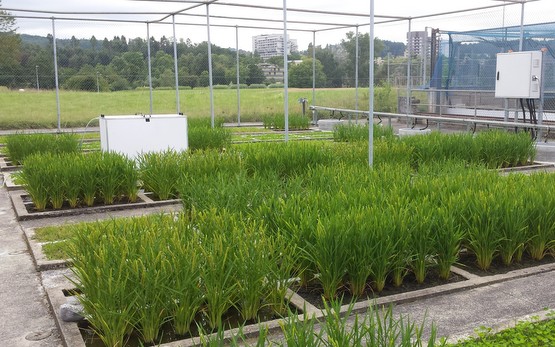
Wet rice cultivation is becoming increasingly important north of the Alps. On organic soils, it could lead to a reduction in peat decomposition and thus, despite increased methane emissions, to a better greenhouse-gas balance. Since 2021, the mesocosm facility erected on Agroscope’s Zurich-Reckenholz site has permitted us to study how high water levels affect the nitrous oxide and methane emissions of rice grown on organic soils.
Publications
Methane and nitrous oxide emissions from rice grown on organic soils in the temperate zone
Reduced nitrogen losses from drained temperate agricultural peatland after mineral soil coverage
Links
Ecological rice farming with flooded system
Contact







